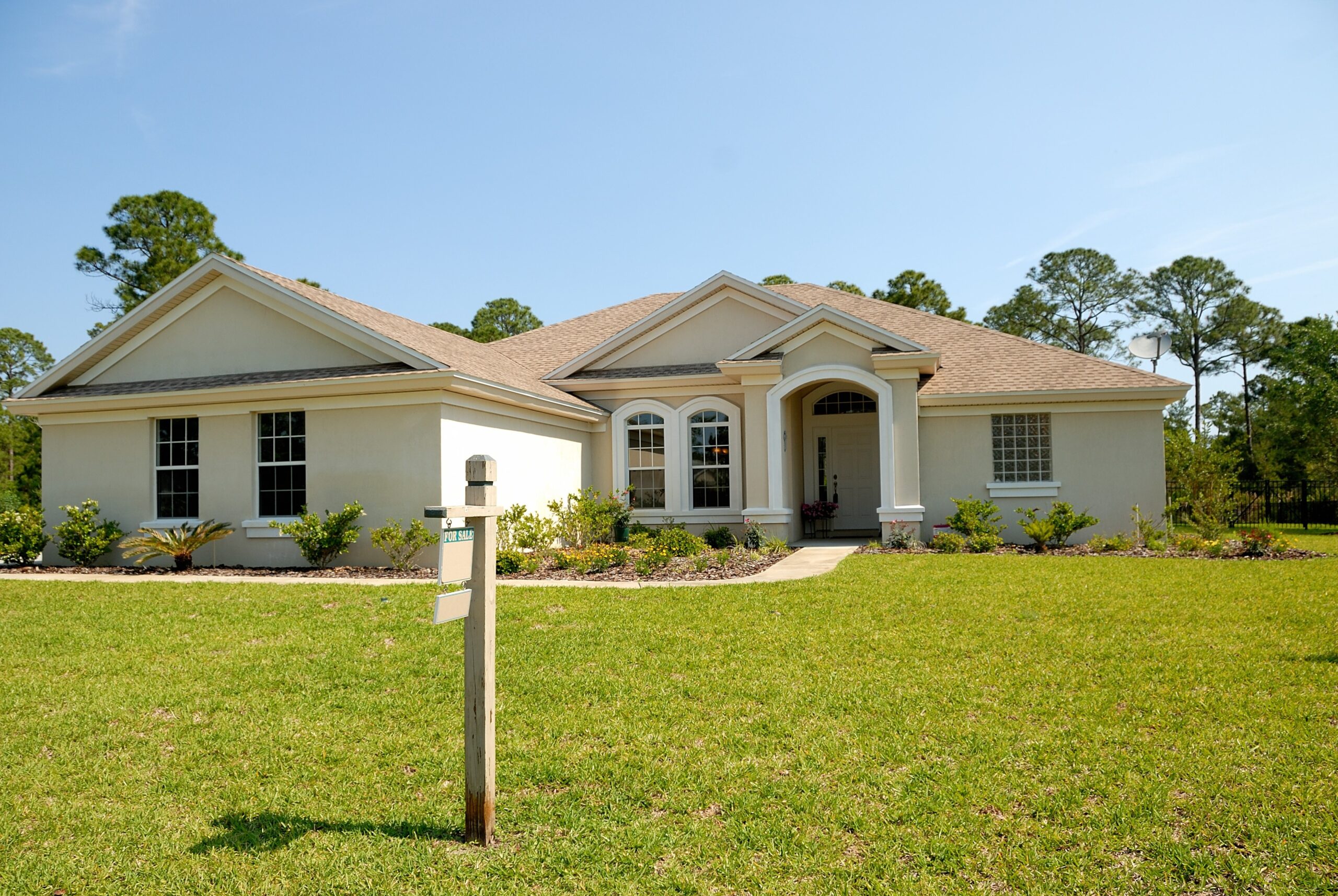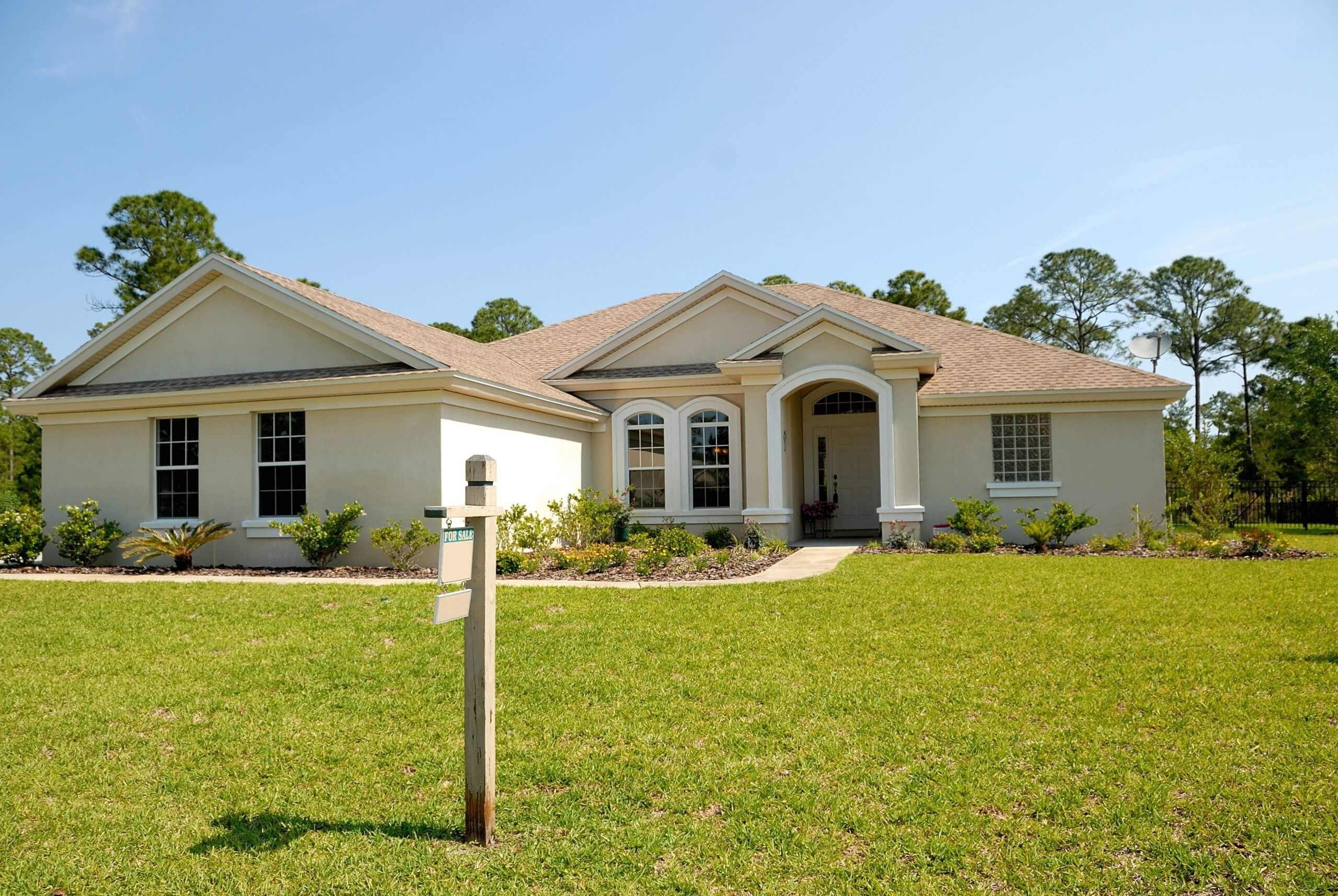Should I invest in rental real estate?
Owning rental real estate and collecting income has great appeal to many investors, partly since rental real estate is often presented as easy money. For some, their perception about the experience further adds to their enthusiasm.
We often hear statements like, “My dad did well in real estate,” or “I’ll get a property manager to take care of it so I don’t have to,” or “They aren’t making land anymore,” or “Everyone is moving here to retire, which will drive prices up,” or “Other nearby houses rent for enough to cover the mortgage plus a couple hundred more each month.”
We get inquiries regularly from clients in all age groups about whether they should directly invest in rental real estate. Some younger people see it as a “side gig” and many retires see it as a way to spend their time and generate income.
Is rental real estate right for you? The answer is “it depends.” Like all investments, rental real estate comes with pros and cons.
Pros of rental real estate
No doubt about it, rentals can generate cash flow and build wealth. Benefits to investors in rental real estate can include:
- Cash flow
- Building of equity in the property
- Appreciation of property values
- Tax breaks

Equity is the value of the property less any indebtedness. Equity in the property increases with each mortgage payment, even if the house value does not change. With rental income covering the mortgage, the renter contributes to the owner’s equity.
The other contributor to equity is appreciation in the value of the property. When the value of the property rises, equity increases even if the mortgage balance does not change.
For some investors, certain expenses and depreciation can reduce the taxable portion of income from rent. The value of these write-offs vary based upon the investor’s tax profile.
Cons of rental real estate
If we were to describe the downside to owning rental real estate with one word it would be “landlord.” That is precisely what you are when you own a rental property. Most people are not well suited for the role and find that the work – and it is work – is not worth the potential payoffs.
The most common cons we see include:
- Repairs and maintenance
- Lack of liquidity
- Months with no tenants
- Bad tenants
- Lawyers and accountants
- Depreciation recapture
- Inconvenience and imposition on time
- Succession issues
While tenants can be held responsible for things they damage, general repairs and maintenance are the responsibility of the owner. When the air conditioner fails or the roof leaks, the owner gets the call and pays for the repair.
These expenses and other costs are usually covered out of the landlord’s pocket because access to equity in the property is limited. For this and other reasons, it is typically a bad idea to buy a rental property unless you have adequate liquid assets set aside elsewhere.
…it is typically a bad idea to buy a rental property unless you have adequate liquid assets set aside elsewhere.
The bank, property tax authority, and insurance company expect to get paid whether a property is rented or not. It typically takes only a couple of months of vacancy to wipe out annual profits of most rentals. The time and money spent to market the property to future tenants is often overlooked by would be landlords.
Bad tenants come in many forms. Some simply do not care about taking care of the property. Some sneak in pets, throw parties or smoke inside when they aren’t supposed to. New carpet, paint, and deep cleanings are often needed after a careless tenant. In other cases, owners have found their property vacant when the tenant skipped town. A thorough tenant screening process helps reduce these incidents, but nothing is foolproof.
You can’t just kick someone out of your property either. Because tenants have rights and protections, certain processes must be followed. In some states, it can take up to six months to evict a tenant who does not pay rent. Covid-19 highlighted a new risk in the form of government mandated moratoriums on evictions.
Lease agreements address many of these issues but resolving a conflict can take time, even if you prevail in the end. Tenants can sue or countersue landlords. Further, even if you win a suit against a bad tenant, collecting what is due can be difficult. Many would-be landlords cringe at the legal expenses involved in acquiring a property and drafting lease agreements, but the costs of enforcing the agreements can be much higher.
A significant annual cost also comes from accounting for the property. Detailed record keeping helps at tax time, but that takes time and effort. The complexities of accounting for rentals pile up quickly and usually necessitate the hiring of tax professionals.
Speaking of taxes, the tax break people love when they buy a property is often the tax item they hate most when they sell. While one owns a property, the taxable portion of rental income can be reduced by depreciation. This sounds great because it is an expense that does not require writing a check. However, when a property is sold, that depreciation is “recaptured.” The recaptured depreciation is taxed at ordinary income rates up to 25%, not the more favorable rate that applies to long term capital gains.
…the tax break people love when they buy a property is often the tax item they hate most when they sell.
If you do not have the expertise, time, or inclination to take on marketing, repairs, maintenance, and tenant relations yourself, you can hire help. We often see this with vacation rentals. It is inconvenient to get a call for a repair when a property is nearby, but it can be a tremendous imposition when the property is far away. None of these support services are free and the good ones cost more. In some areas, management companies get 20-30% of revenue. These costs can lower your returns substantially.
Lastly, even if you are fine with all that rental real estate entails, you probably won’t want to or won’t be able to attend to property matters forever. What started as a hobby can turn into a high stress activity in the blink of an eye. We have seen several incidents over the years in which one spouse handled the rental and then became ill, unable to keep up, or died, leaving their unprepared spouse or family to deal with or sell the property.
Expected returns from rentals
Of course, some people have a natural affinity for all that is involved in rental real estate. You may be one of them. If you take the plunge, what should you expect for a return? Again, it depends but let’s look at an example.

You only keep that $8,400 if you spend no money on maintenance, repairs, upkeep, attorneys, accountants, or anything else. Further, if you have anything left after all those expenses, the net is taxable as ordinary income to you.
You could try to charge more in rent, but the going rate is the going rate. Raise your rent too high and you risk a vacancy. It doesn’t take long for a vacancy to become a problem.
So, if everything goes perfectly (you do all the work and you incur no expenses beyond the mortgage payment, property taxes and insurance) and you receive $2,300/month, it will take less than four months of vacancy to wipe out a year’s worth of projected cash flow. Reduce the rent to $2,000 to get a tenant and your $8,400 of cash flow drops to just $4,800 if you incur no costs.
If rent receipts are low enough or costs high enough, you may have a loss. IRS data shows annually, more than half of landlords report a loss. Due to complex passive activity loss rules, rental property losses are of limited value on most tax returns.
IRS data shows annually, more than half of landlords report a loss. Due to complex passive activity loss rules, rental property losses are of limited value on most tax returns.
The other source of return is property appreciation. The adage, “location, location, location” comes to mind. Most new landlords think the property they are buying will do better than average. Fact is, while some properties appreciate a lot, most appreciate in line with aggregate numbers and prove not to be so special. If the property were so clearly a money-making machine, it probably would not have been for sale.
Of course, real estate prices have risen dramatically recently, which can skew the perception of how likely increases are. We would be remiss in not pointing out that more price appreciation is gained when real estate is bought at low prices, not high prices. In our view, the recent rate of increase is not likely to be sustainable. What is realistic? Economic theory posits that residential real estate prices in general should not produce much return over inflation before taxes.
Bottom line
Recent increases in housing prices have some “chasing returns” or looking at real estate investments as easy money. “Easy” profits don’t exist. Rental real estate has its own set of quirks that make directly investing in properties challenging on many levels. A few will do well but most people find the time, effort, risks, and aggravation are not worth it.

